Discuss your debt management choices with a credit counsellor. They can assist you in considering every option outside of bankruptcy. These include selling assets, rearranging your mortgage, and making a budget.
Making a Spending Plan

Making and following a budget is one of the best strategies to stay out of debt. With the help of a budget, you can see your income, expenses, and debts clearly and pinpoint any areas that need attention.
A budget, for instance, can assist you in determining whether the reason your debts are mounting too quickly is that you are spending more than you are making. In a similar vein, a budget can demonstrate the amount of money you can save by reducing wasteful spending and altering your way of living.
Whichever option you select, the most crucial thing is to ensure that your revenue outpaces your outlays. Even in non-crisis situations, this should be a routine operating procedure, as it is the cornerstone of long-term financial success.
Changing the Structure of Your Mortgage

Lenders could be open to modifying the terms of a loan or mortgage to make payments more manageable, depending on your situation. Creditors may be able to reduce interest rates, lengthen the loan period, or waive costs under specific circumstances. Restructuring mortgage loans can assist borrowers in avoiding home loan default.
In certain situations, you might need to work with a financial advisor or a non-profit credit counselling organisation to consolidate your debt. These experts can work with lenders or creditors to lower your monthly repayment requirements, preventing default and breaking the pattern of late payments that eventually results in bankruptcy.
It's crucial to think about taking on a second job to help you supplement your income and manage your debt obligations so you don't get any worse. Even though getting a second job can be challenging, it can save you from going bankrupt, which would be the worst-case situation. Filing for bankruptcy can negatively impact your credit score for many years and increase the difficulty of obtaining future loans.
Taking out loans from friends or family

Many attempt to prevent bankruptcies by taking out loans from friends or family. This is a risky choice that may cause relationships to become strained or end. Additionally, it can harm the borrower's credit in the long run.
Making a budget that accounts for all of your income and expenses, as well as conducting a debt inventory, is the best method to stay out of this predicament. This can assist you in figuring out which of your assets are linked to your debt and what type of offer you may make to creditors to repay them.
A lender might be open to working with you to restructure your payments or extend the loan term if your mortgage is your biggest obligation. This will save you from needing to use other options, such as consumer proposals or bankruptcy. Furthermore, since it keeps you in your house, it can end up saving you money. You can also look into other options, like taking on a second job or starting a side business, to make extra money.
Offloading Your Holdings

Selling your assets is a possibility, but you should carefully consider what you will do with the proceeds and whether doing so will enable you to pay off your debt. If you own your home jointly, this may involve family members. This is a big decision. Further details regarding this alternative could be obtained from a licensed insolvency trustee.
Most household items, a cheap car, instruments used for earning a living, and a portion of your RRSPs are often yours to keep. It's also crucial to keep in mind that selling non-priority assets before making payments to creditors may limit your ability to file for other forms of bankruptcy, such as an IVA or a debt relief order.
There are many approaches to managing your debt; therefore, before making any decisions, it's crucial to see a specialist. Alternatives to bankruptcy may provide you with a new beginning without harming your credit history, depending on your situation.
Recommended Reading: Insurance Budgeting: How to Handle Your Premiums

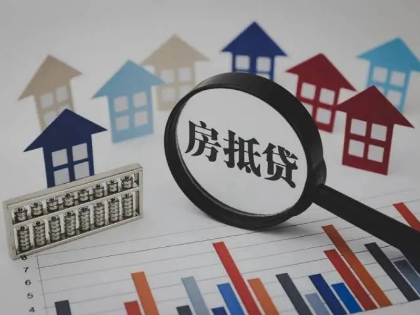




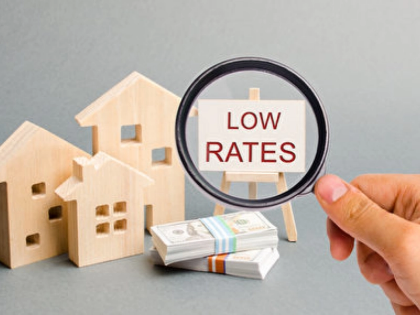



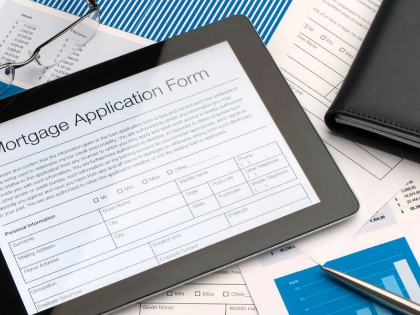
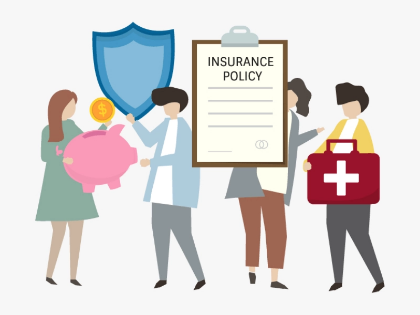



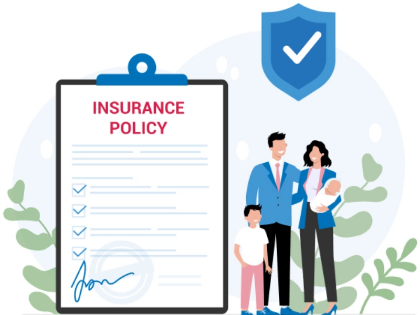



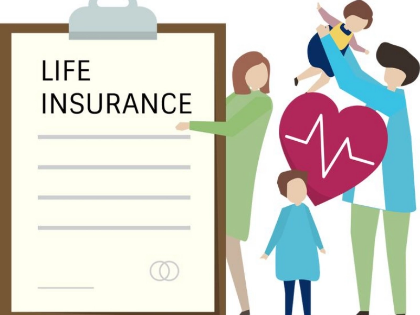
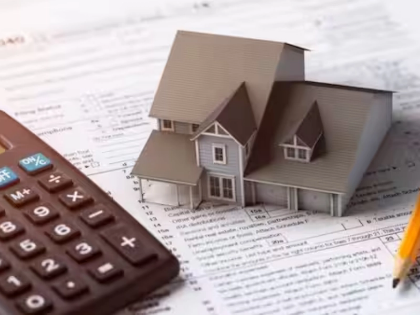


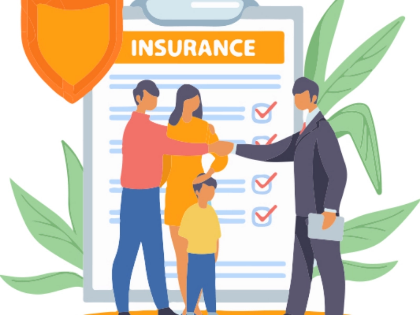
Honest about constraint surfaces.